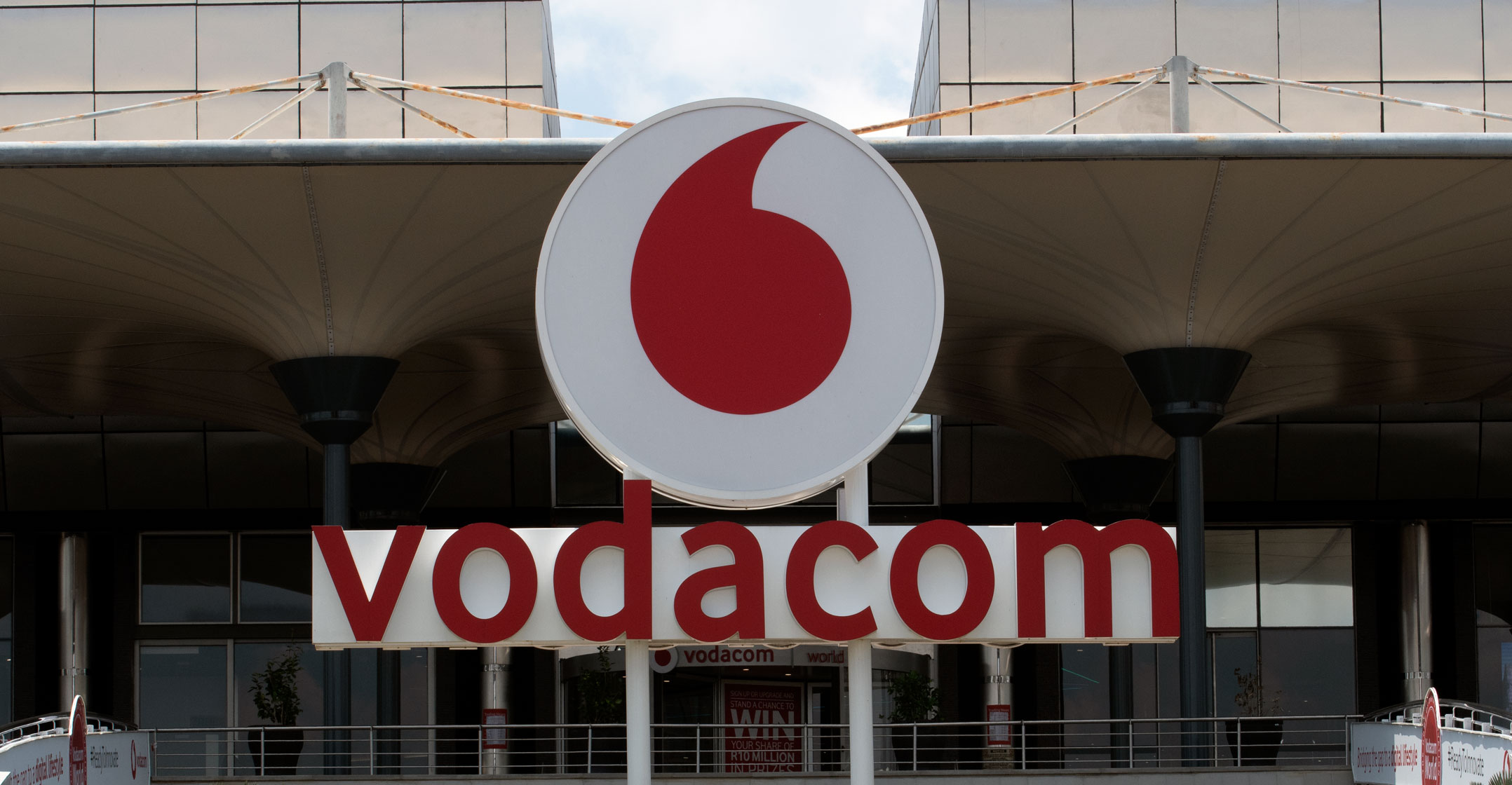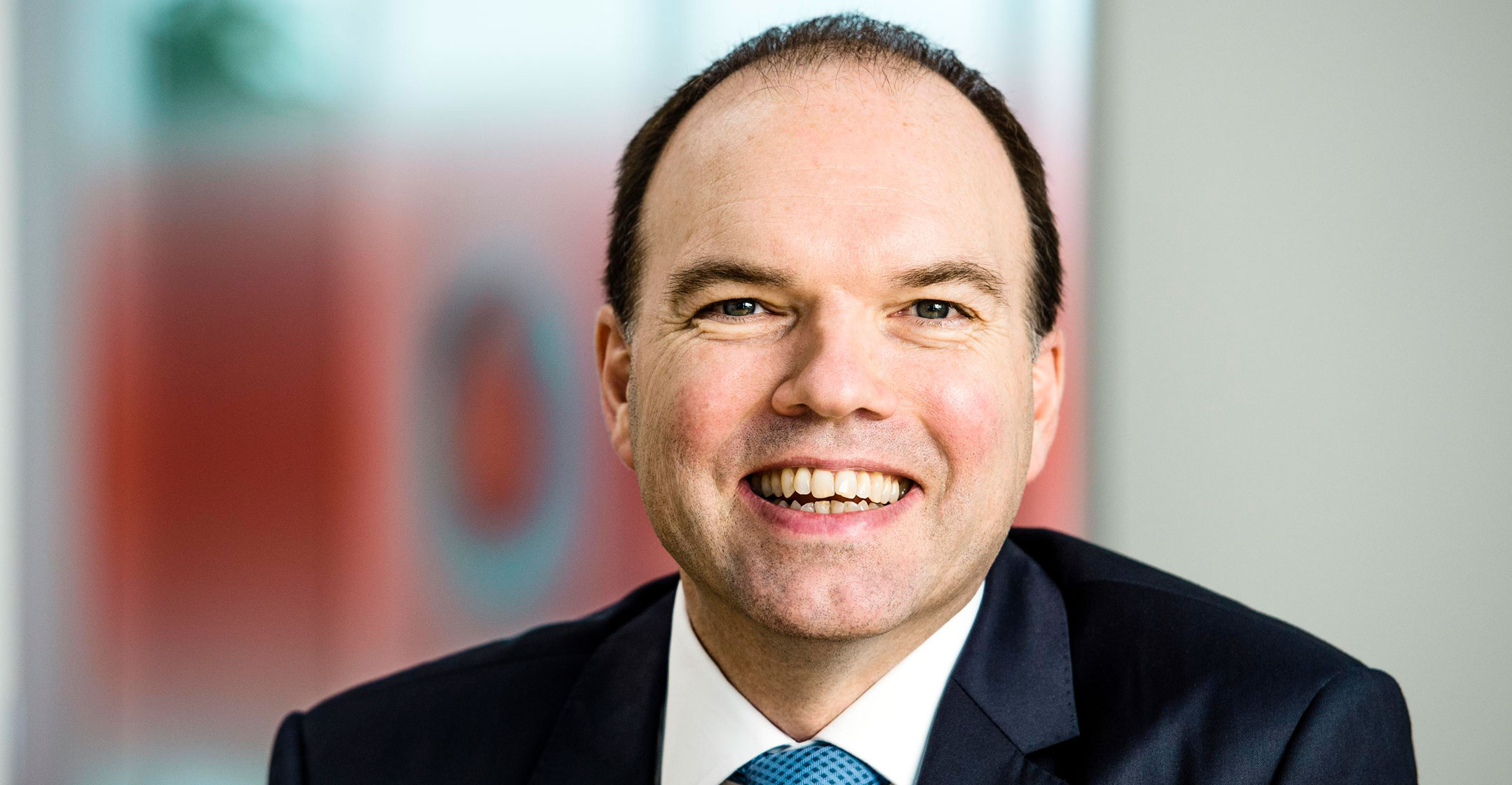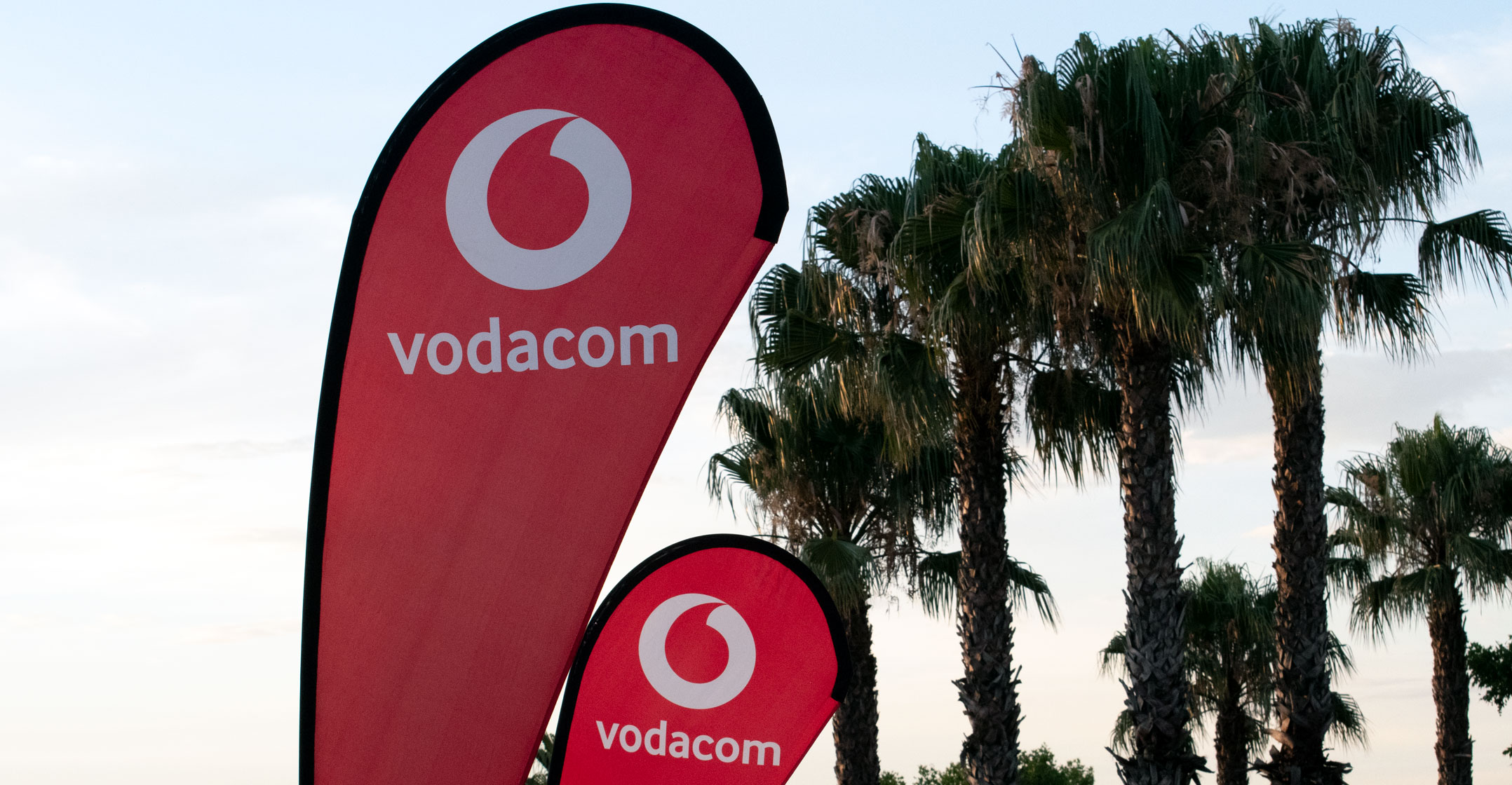 Not enough attention is paid to the extent to which Vodacom, the country’s largest mobile operator, leverages resources from (and executes the global strategy of) parent Vodafone. The current push, Digital First, is a “systematic group-wide execution to deliver a superior operating model”.
Not enough attention is paid to the extent to which Vodacom, the country’s largest mobile operator, leverages resources from (and executes the global strategy of) parent Vodafone. The current push, Digital First, is a “systematic group-wide execution to deliver a superior operating model”.
This, explained Vodafone Group CEO Nick Read at its Digital First Investor Open Office event in September, is a “clear ambition to lead in digital and strengthen our differentiation — improving customer experience, boosting commercial performance and driving revenue growth”.
This doesn’t tell you much, but Vodacom (and Vodafone) is fundamentally transforming the way it does business. And while digital and big data are impacting internal operations such as network planning and optimisation, they are also profoundly changing the way Vodacom delivers services to customers and sells to them.
Previously, the marketing of offers (whether prepaid, bundles or upgrade incentives in postpaid) generally involved sending the same message to the entire base (or the same message to manually segmented parts of the base). With big data and better segmentation, it can now send predictive, personalised and relevant messages to customers in real time, and on the most appropriate channel.
Think about it. You are far more likely to take up an offer, such as buying a specific type or size of bundle, if it is relevant to you and matches your needs at that point in time.
Over the past five years, Vodacom has generated €250-million (around R4-billion) in incremental revenue from these personalised offers. In the year to March 2019 alone, this incremental revenue uplift was €98-million (R1.6-billion).
Arpu up
On the base of engaged customers, average revenue per user increased by 6% across the year. This personalisation and automation also reduced churn on the post-paid (contract) base by 1.8 percentage points.
Central to this Digital First strategy is getting customers to use the My Vodacom app more frequently. The app leverages a common code base (to the extent possible) across Vodafone markets, made possible by its global shared services centres. Over the past two years, the focus of the app has shifted away from only usage/billing, and the group’s vision is for the platform to do a lot more than this. Sales, self-service (help via chatbots), and discovery and rewards are just some components of its vision for the app.
Vodacom customers will be familiar with the popular Shake Everyday rewards promotion, which used gamification to get them to open the app daily. This has been tweaked and is the entire foundation of the operator’s summer promotion (ShakeUp Summer). Daily shakes can net customers mystery prizes, vouchers from partners and data/voice/ticket bundles as well as entries into various grand prize draws. Along with the instant prize (draw entry) confirmation, customers are presented with a targeted offer (as an “upsell”).

Both Shake Everyday and ShakeUp Summer help drive awareness of products and services that customers may not be familiar with.
A Music Ticket bundle will possibly incentivise a subscriber to try out a music streaming service (and thereby start consuming additional data). Vodacom has taken the ShakeUp Summer promotion a step further by rewarding customers with additional VodaBucks for recharging or for “completing” personalised goals (providing yet more incentive to try new services). These VodaBucks can be used as “shakes” (for additional chances at prizes) or redeemed for physical goods in its VodaBucks Store (e-store).
Beyond driving engagement, Vodacom’s longer-term plan is to shift purchasing to the app. For now, this is via reduced data pricing (R99 for 1GB, only available on the app). But with its new payment processor/gateway (VodaPay), customers are incentivised to buy airtime directly from Vodacom (it offers 10% more airtime for the same amount).
Blue Label Telecoms saw the writing on the wall here ages ago, which precipitated its move into ancillary services such as ticketing. Its margins on airtime sales have eroded over time as network operators slashed commissions. The acquisition of Cell C was an attempt, one could argue, for it to try to control its own destiny.
Vodafone estimates that by March next year, it will have delivered 55 million conversations globally via its customer service chatbot TOBi. This is more than double the amount it achieved last year.
The bot uses machine learning to resolve customer queries with no need to involve a human.
Already, Vodacom is delivering almost 800 000 TOBi chats per month, with around 70% of them being automatically resolved (not needing to be offloaded to a service agent). Queries via Vodacom’s website are currently routed to TOBi (the chatbot is not in the current version of the app, although it had previously been available).
R50-million savings
Vodafone has quantified the savings and says TOBi conversations are more than 20 times cheaper than an average service call. In the presentation accompanying its results on Monday, Vodacom said it is targeting cost savings of around R50-million from the resultant reduction in service call volumes this year.
Vodacom said “measures to introduce one more service to customers, as part of our strategy to build diverse revenue streams, are quickly gathering momentum”.
The situation in emerging markets is, understandably, different.
Of course, M-Pesa remains the continent’s dominant mobile money platform, but its reach (for now) is limited to the markets in which Vodacom operates (including associate Safaricom). It will be interesting to see how Vodacom and Safaricom license and accelerate the deployment of M-Pesa elsewhere, once they conclude the purchase of the brand and intellectual property from Vodafone.
 In South Africa, following numerous failed attempts to launch M-Pesa, it is building out a financial services offering founded on its Airtime Advance product. Insurance revenue is up 21.8% year on year, with the number of policies growing by 55% to 1.6 million as at end-September. Together, these financial services businesses generated R972-million in revenue in the six months (37% higher than a year ago).
In South Africa, following numerous failed attempts to launch M-Pesa, it is building out a financial services offering founded on its Airtime Advance product. Insurance revenue is up 21.8% year on year, with the number of policies growing by 55% to 1.6 million as at end-September. Together, these financial services businesses generated R972-million in revenue in the six months (37% higher than a year ago).
The burning question is just how far along on this journey continental rival MTN is. Segmented offerings are live in 16 of its markets, but one gets the sense that there is not as big a focus across the group to drive digital. Then again, MTN compares very favourably with Vodacom (M-Pesa) when it comes to fintech/insurance aspirations beyond just mobile money.
The dramatic shift underway at Vodafone (including Vodacom) further illustrates just how difficult it is to compete as a smaller operator, particularly one in a single market. The cost and complexity for Cell C and Telkom to deliver (real) personalised and segmented offers to their customers is just so much higher as they will need to rely on some sort of off-the-shelf solution.
Telecommunications remains a scale game.
- This article was originally published on Moneyweb and is used here with permission




